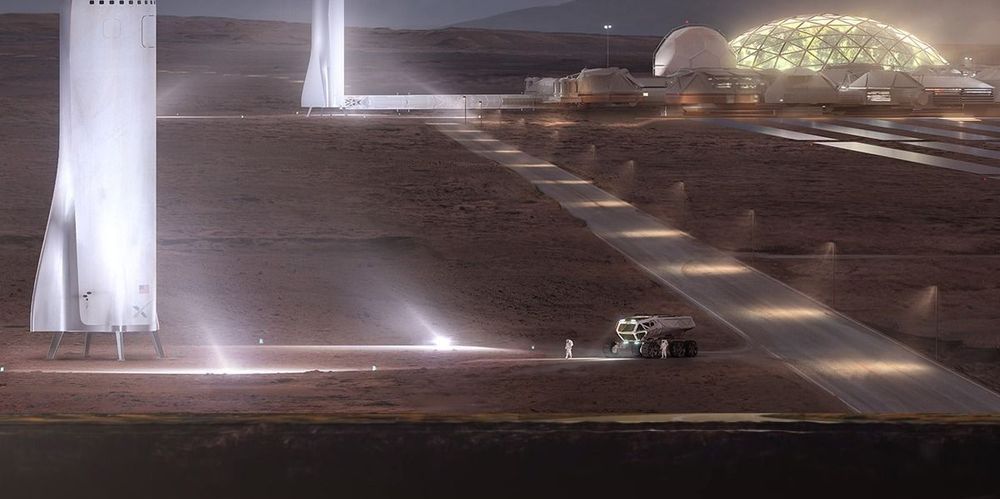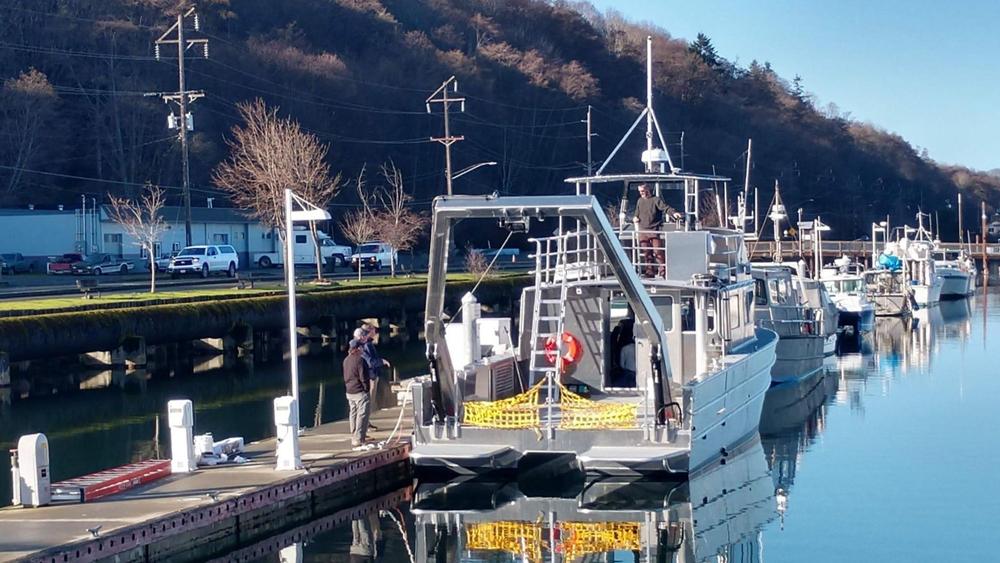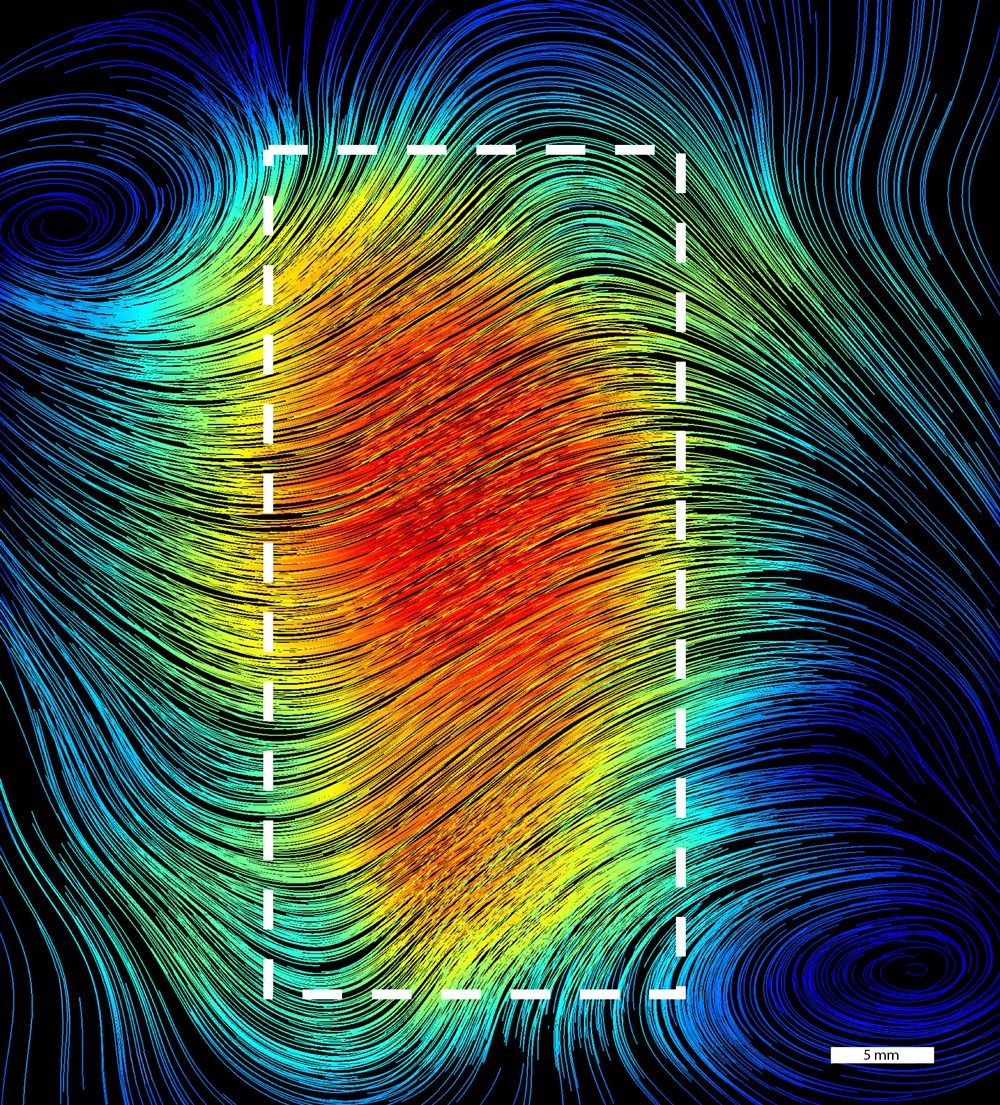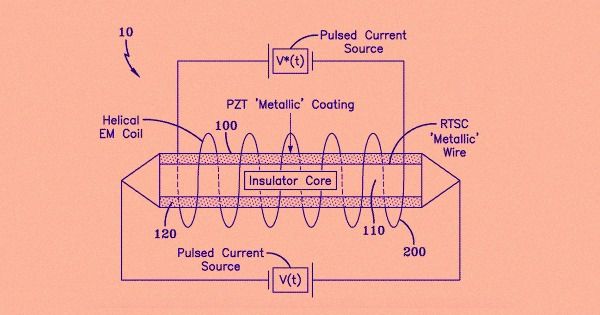In an interview newly published by Popular Mechanics, SpaceX CEO Elon Musk shared his thoughts on colonizing Mars — from how the first settlers will grow food to the friendly vibe he envisions at the first base on the Red Planet.
“For having an outdoorsy, fun atmosphere, you’d probably want to have some faceted glass dome, with a park, so you can walk around without a suit,” Musk told the magazine. “Eventually if you terraform the planet, then you can walk around without a suit. But for say, the next 100-plus years, you’ll have to have a giant pressurized glass dome.”








